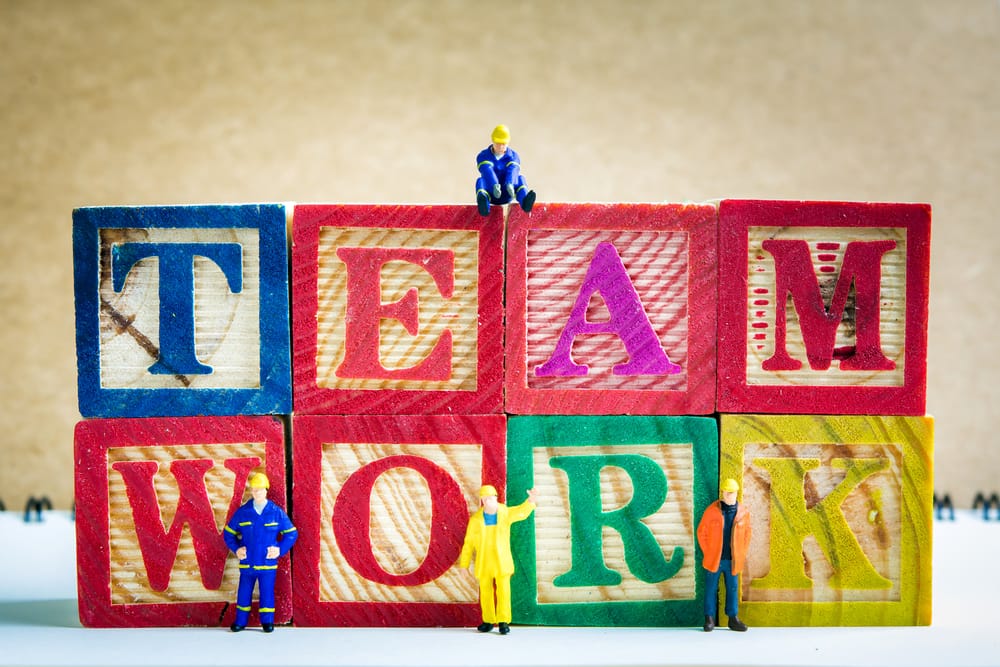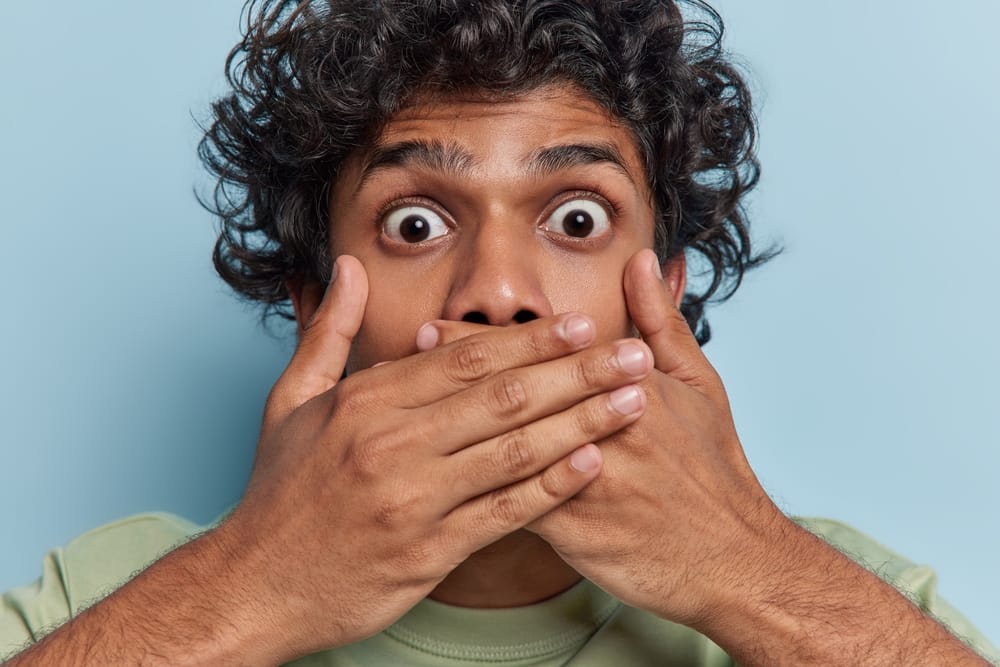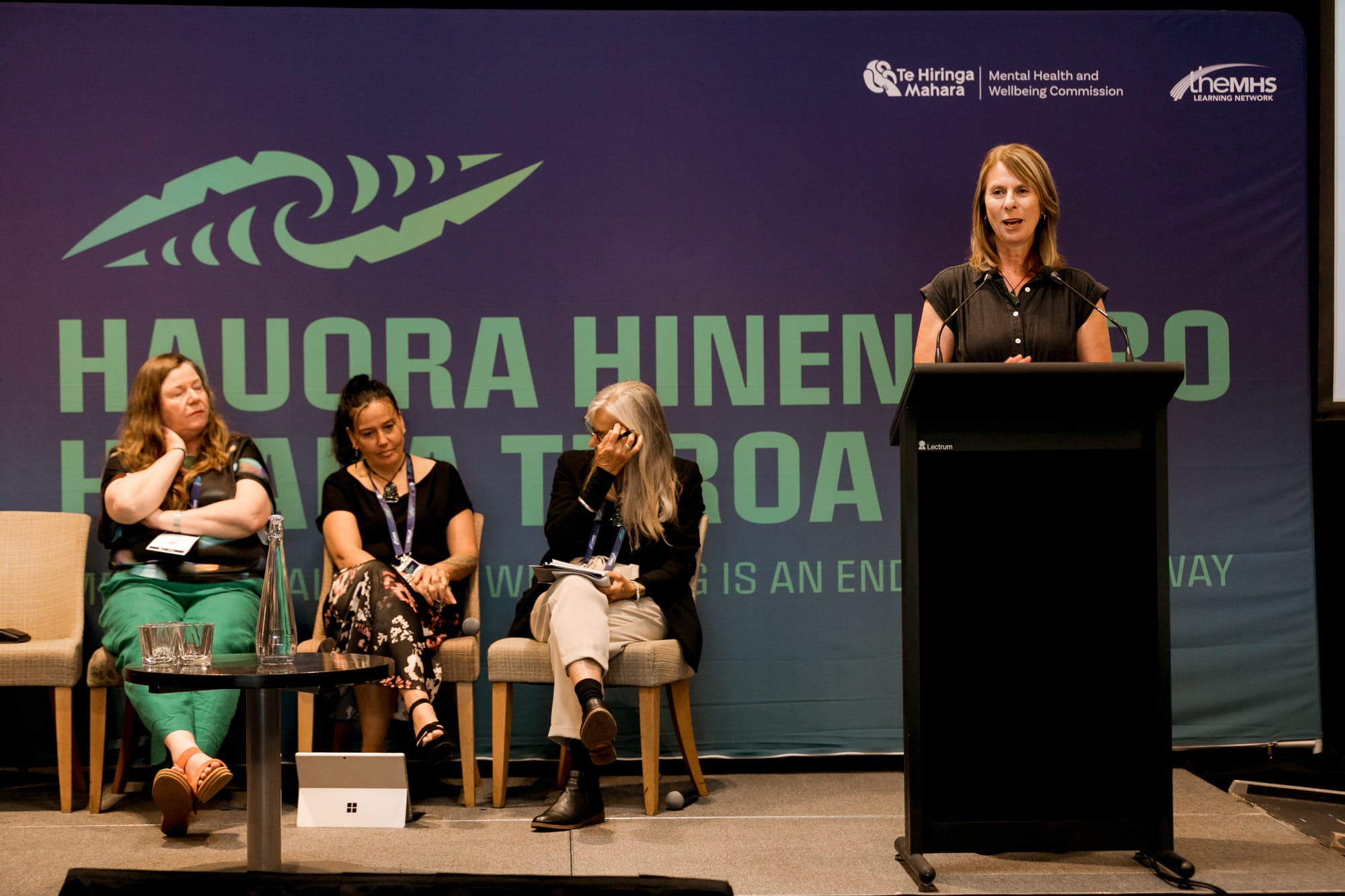
TheMHS Conference 2025
As viewed through Warriner's window
Royal International Conference Centre, Brisbane
Speak up!
TheMHS Learning Network Conferences have evolved since the early 1990s to become renowned gatherings in the mental health sector, bringing together professionals, people with lived experience, carers, and academics from across Australasia and beyond. These conferences offer a vibrant platform for sharing ideas, innovations, research, and best practices aimed at improving mental health services and outcomes.
During that time many remarkable and often courageous keynote speakers have laid down challenges and issued calls to action:
Dr. Paul Carling (1993) - “A transformed system’s purpose is not to be the primary treater or intervenor, but the force that bolsters the other support networks, so that reliance on professional interventions is either minimally necessary or significantly reduced over time.”
Dr. Charles Rapp (1996) - “…the community offers an oasis of resources.”
Dr. Richard Warner (1994) - “…recovery was actually better in cultures where there may not be money for medication or psychiatrist visits or assertive case management teams – but where there was a legitimate space within that society to ‘be unwell’ and ‘to recover’ and to continue to be valued.”
Dr. Pat Deegan (1996) - “…people need to have the dignity of risk, and the right to fail.”
Dr. Roberto Mezzina (2005) - “it’s hard to recognise, being a psychiatrist, but psychiatry and particularly institutions that psychiatry has set up all around the world and also here, has a heritage of colonialism. [These] are the main source of stigma.”
Mary O’Hagan (2007) - “People are as fully human when they experience distress and madness as when they are fully well.”
Dr. Rufus May (2009) - “The psychosis allowed me to move on emotionally…. through the struggle that I went through, it has given my life a sense of meaning.”
Dr. Arthur C. Evans (2016) - “Inherent in every community is the wisdom to solve its own problems.”
Dr. Adalberto Barreto (2022) - “The ethic of the work we propose is to break the separation of scientific knowledge from the knowledge of the people; there must be mutual respect for both ways of knowledge.”
Dr. Emily Longden (2022) - “My voices were a meaningful response to traumatic life events, particularly childhood events, and as such were not my enemies but a source of insight into solvable, emotional problems."
I shouldn’t have started this; the list just goes on and on…! TheMHS Conferences have consistently aimed to be at the cutting edge of innovative thinking and experiences.
Sue Baker brought global youth viewpoints to the forefront through Changing Minds Globally. One highlight was a powerful video in which young people envisioned the world in 2050—a future where mental health is fully integrated into everyday life, free from shame or stigma. The prevailing optimism is for mental health to be openly discussed and proactively supported, with conversations about it becoming as commonplace as talking about the weather. Sue emphasised the need for mental health to be woven into all areas of public policy, not just health, acknowledging its influence on every aspect of society.
Dr Rebecca Huntley shared her journey through complex trauma and MDMA therapy, exploring how psychedelics foster connection and healing, and how nature and relationships help address intergenerational wounds. She delved into how broader issues—climate change, housing instability, and the cost-of-living crisis—shape mental health, and outlined Lifeline’s work in responding to climate-driven disasters and their psychological impact.
Dr Daniel Fung, in his keynote, “Beautiful minds, loving hearts: Asian mental health ecosystems in 2050,” examined global governance, service gaps, and evolving cultural and religious attitudes, presenting a vision of recovery grounded in resilience, spirituality, and thoughtful use of technology.
As well as the keynotes the programme offered over 300 presentations comprising symposia, round-table discussions, presentations, papers and posters.
TheMHS Annual Conference continues to be a cornerstone event for the Australian and New Zealand mental health sectors, promoting continuous learning, collaboration, and improvement. All TheMHS events prioritise three core imperatives: 1) building capability, 2) creating connections, and 3) lifting aspirations. Consequently, their enduring legacy is the cultivation of a vibrant and informed community of learning.
The Brisbane event, contributed to that legacy.
For Australia and New Zealand, two young countries grappling with colonial histories and the consequent ripple effects, these events are unique; and probably essential. They provide invaluable opportunities for learning and a special environment for continued development of our mental health workforce suited to the needs of our communities.
Attendance is investment
Young people can bring their inherent curiosity and urge to test the status quo; to ask “why?”. Qualities that do tend to dull with age and success in our endeavours. But many of these folk will be the policy and practice, innovators and thought-leaders of the future.
Such a strategic investment is essential for organisations with a forward-thinking strategy, recognising that in an environment defined by volatility, uncertainty, complexity, and ambiguity (VUCA), dynamic and transformative change is unavoidable.
Resourcing ourselves so that we avoid being passive recipients and observers of those changes, and instead become dynamic, and active participants, partners and directors of change will be essential if we are to remain relevant in supporting community mental health into the future.


